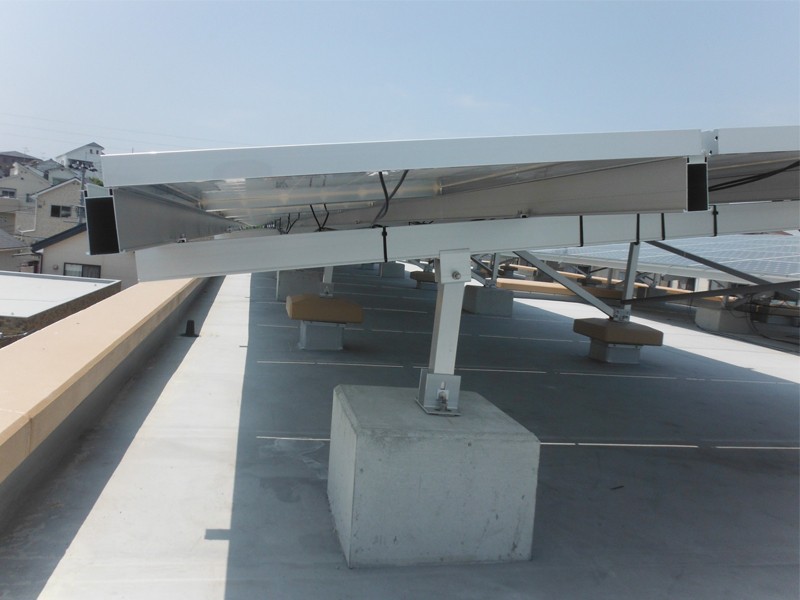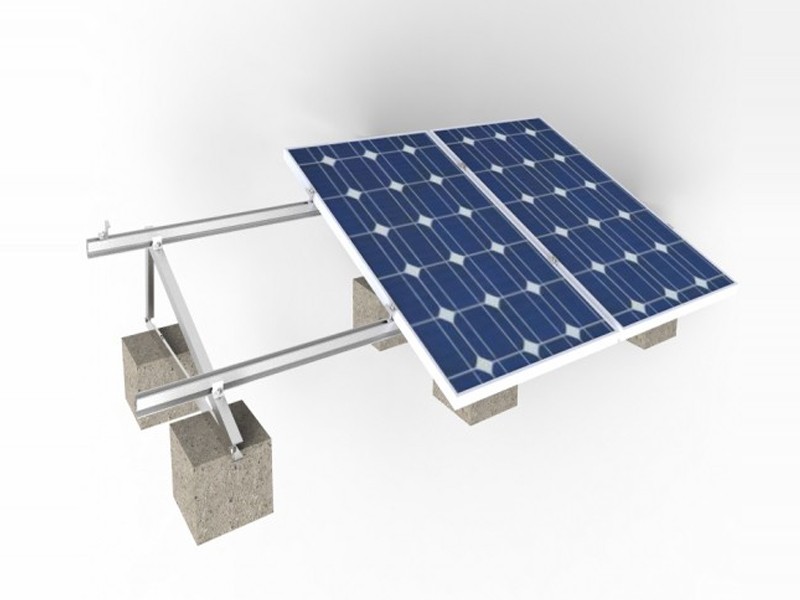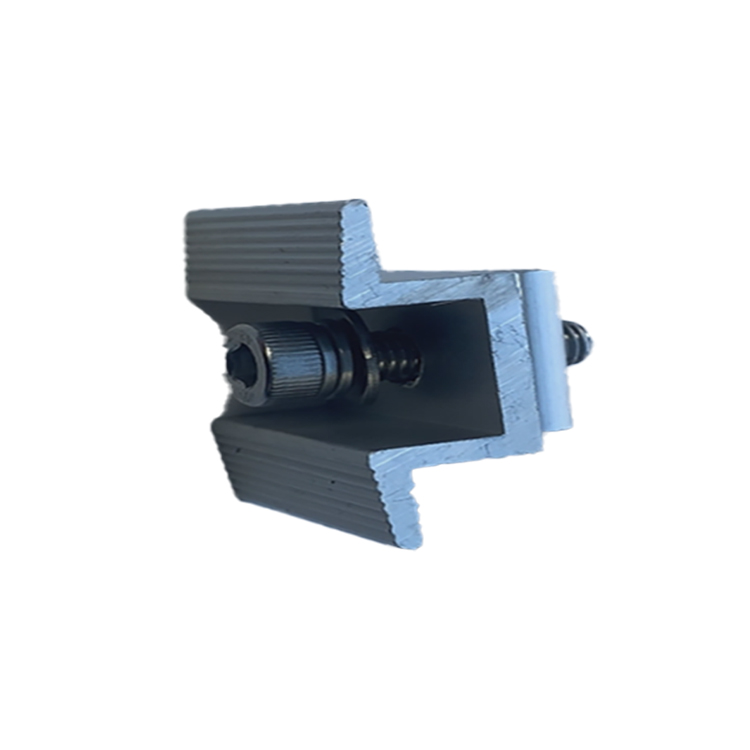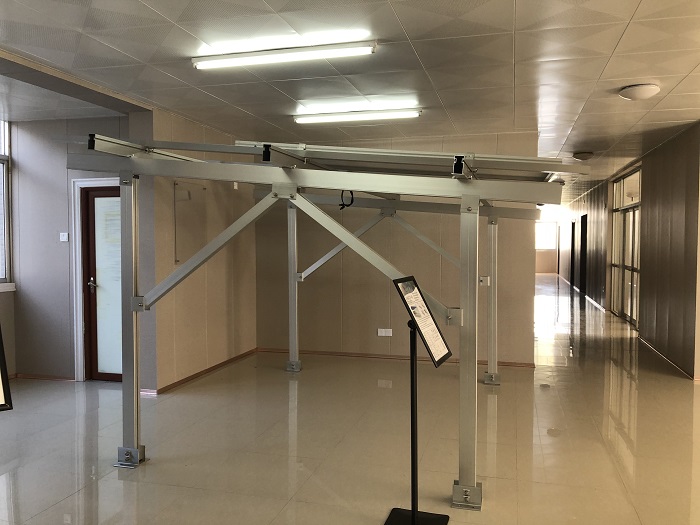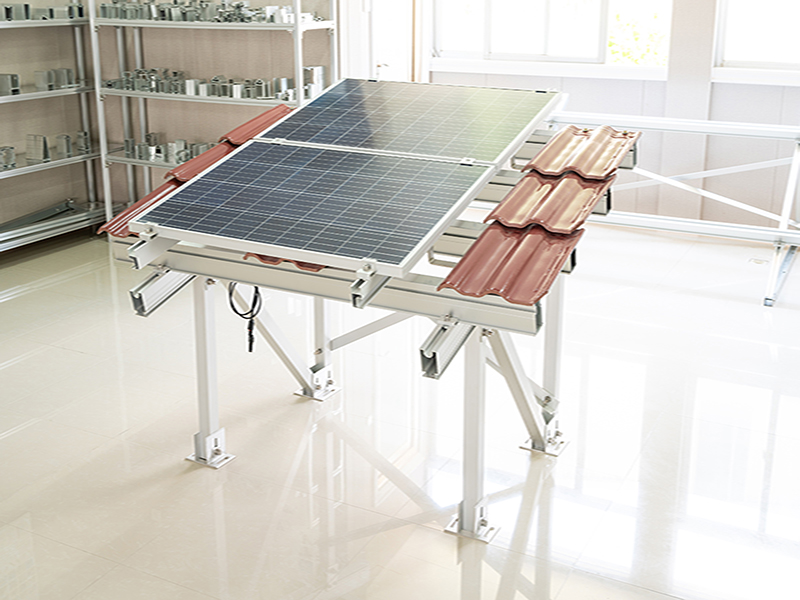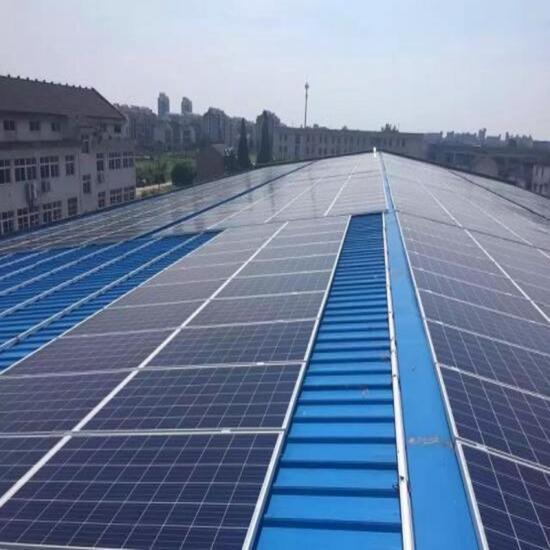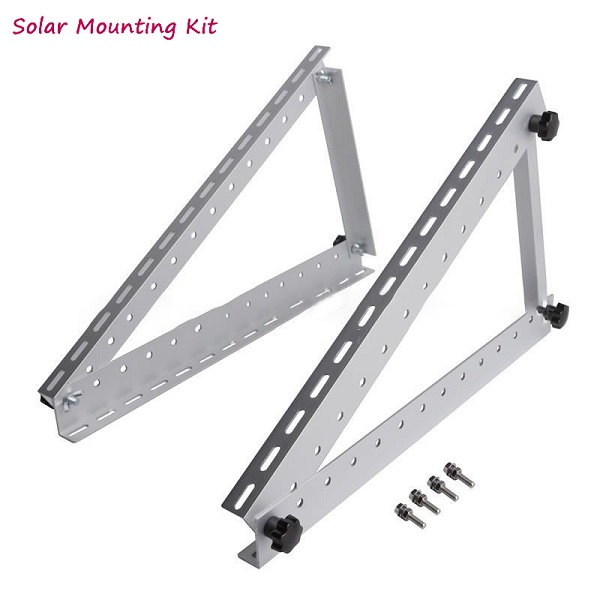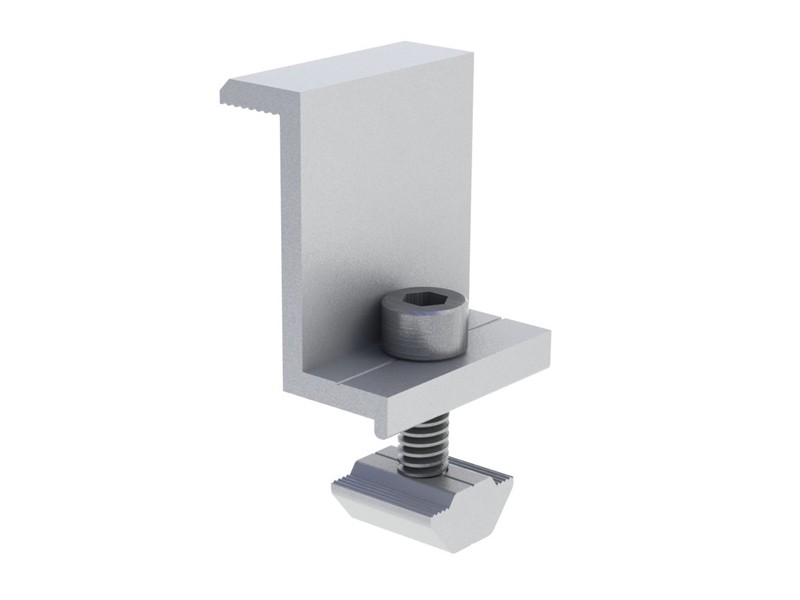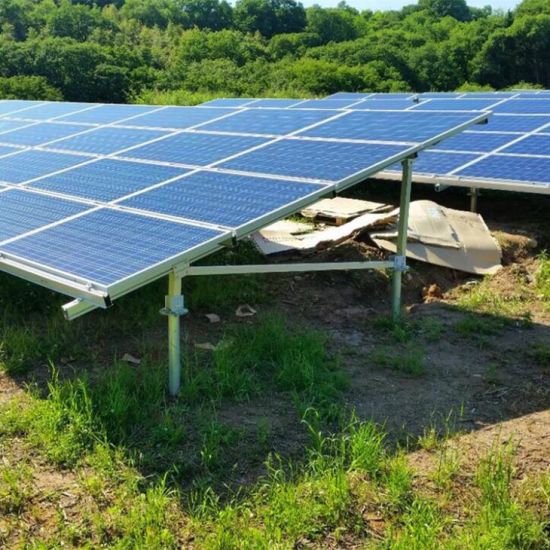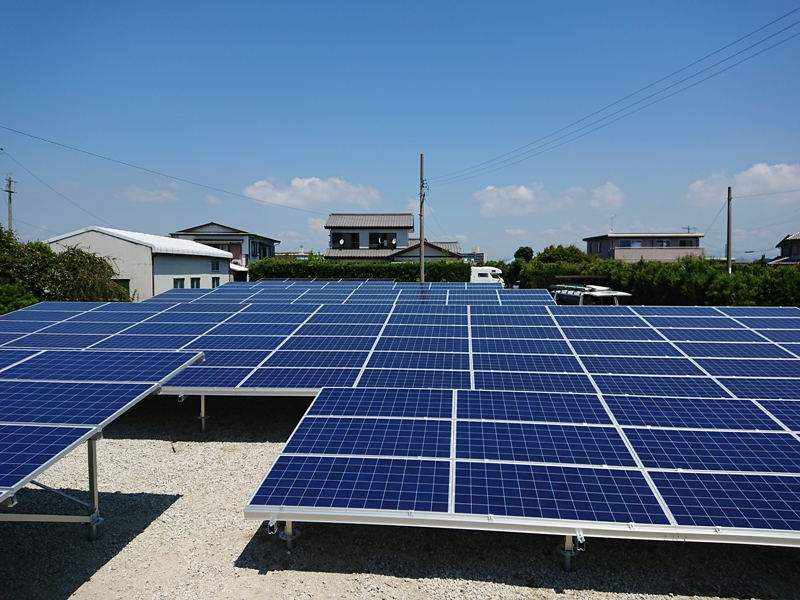Ground vs Floating solar system, which one is the best for agriculture?
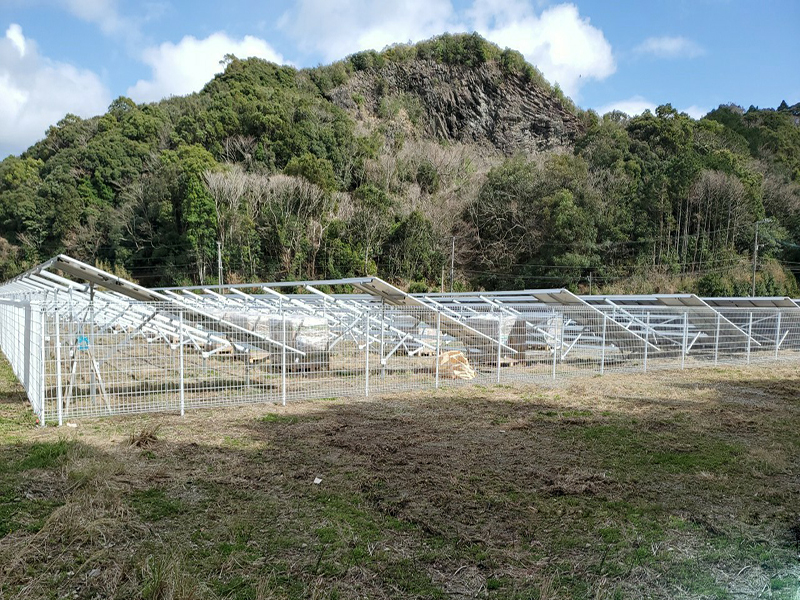
A ground-installed solar system is a loose-status sun array hooked up at the floor by the use of either a rigid steel frame or atop a single pole. Ground-established systems can take the location of a rooftop machine when the latter is not available or appropriate. Both offer extra advantages over counting on fossil fuels for your energy wishes. Not every roof is acceptable for solar panels. However not every home has the more area needed for floor-hooked-up panels.
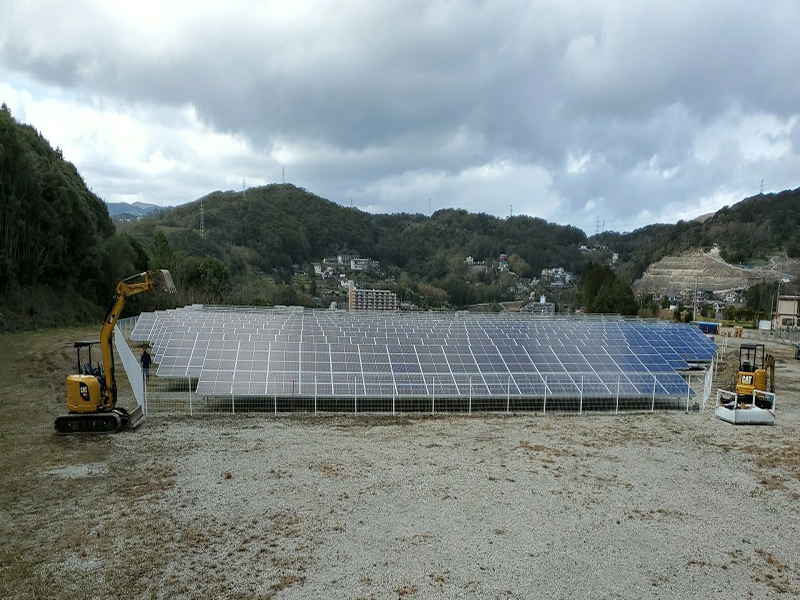
Floating solar systems are PV modules established on platforms that go with the flow of water reservoirs, and lakes, and in which situations are proper seas and oceans. However, those solar panels floating on water are more challenging and luxurious to assemble. Solar energy is one of the top solutions for combating climate change, and it's here to stay. We have seen a rising trend in distributed PV solar systems put on rooftops and solar farms over the years to boost the generation of clean energy.
When it comes to choosing which is more preferable for agriculture when it comes to Grounded and Floating solar systems it shows that practicability is the standard defense used when discussing floating photovoltaic installations. By utilizing vacant water bodies, a floating installation serves to maximize the available area and maintains the cultivable or livable surfaces free. And here are the advantages of the floating solar systems:
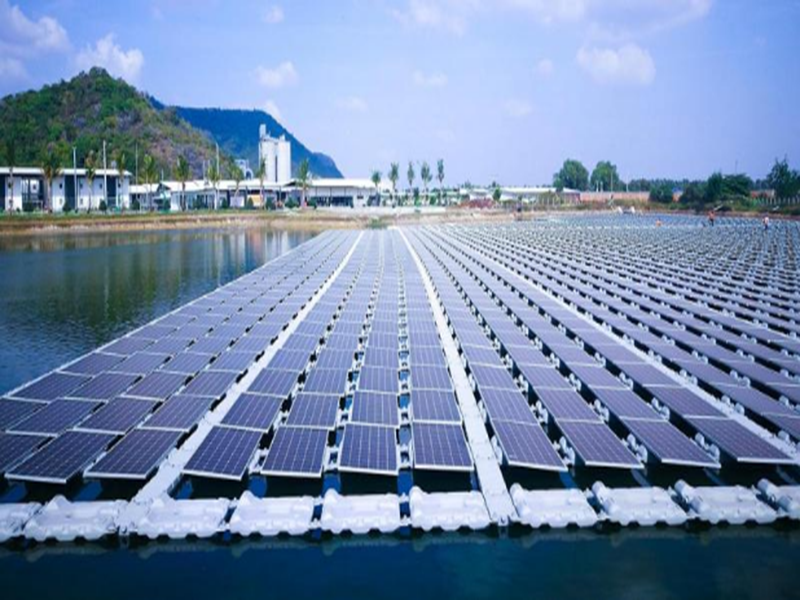
· Benefits the Environment
Solar panels on the water are environmentally friendly. The PV modules benefit from the collapsing impact of water. They also lessen evaporation from these water sources, which is important in regions vulnerable to droughts. In addition, fewer algal blooms occur in freshwater bodies when solar panels are floating on the water. When algae blooms emerge in sources of drinking water, they can have negative effects on health. They may also result in the demise of aquatic vegetation and animals. Clean energy is produced via floating solar panels. Utilizing renewable energy lessens reliance on electricity produced by fossil fuels. The emissions of greenhouse gases decrease as a result.
· Valuable Landscape
Large numbers of ground-mounted solar panels take up valuable land space. However, you don't need any land space for floating photovoltaics. These installations may take place on vacant land near bodies of water, such as sewage treatment facilities, drinking water reservoirs, or hydropower dam reservoirs. As a result, you can use the space where solar panels would normally be installed. Additionally, there is no longer a need for deforestation because of the installation of solar panels on waterways.
· Improved solar performance
Solar panels can operate effectively in hot conditions, but with time, their efficiency can decline. Their effectiveness decreases as the temperature rises. When PV modules are installed near water, the cooling impact of the water increases their effectiveness.
In terms of energetic rentability, floating solar farms are more effective than conventional systems. When compared to the ground- or roof-mounted systems, they can produce almost 5% more electricity under certain situations. This rise in output is the result of the water's cooling action, which prevents the building from overheating. Not only that, but floaters also safeguard the water's surface by halting the formation of algae, which may become dangerous for all living things, including humans, if it builds up over time.
To irrigate agricultural lands, small solar systems can also be equipped with solar water pumps. Farmers stand to gain significantly from this because they can keep their raised crops and stop using fossil fuels that are bad for the environment. The user can remotely control plants thanks to such an installation. There is no requirement to enter the site to start a diesel generator for irrigation. An efficient technique that also helps you save money. Frequently, floating solar farms are built to support a company's main business, as is the case with quarries, man-made lakes, or desalination ponds. The administrative methods for obtaining authorization are substantially simpler in these situations.
However, not all types of surfaces can be accommodated by floating solar arrays. They must meet certain requirements for their proper operation to be ensured. The floating solar farms must be constructed in places that are not vulnerable to hurricanes or tsunamis, and a minimum depth of water is necessary. Water typology is another element that must be taken into account. Certain floaters are better suited for soft water than salty water. The various factors that must be taken into account before beginning a project must be thoroughly analyzed beforehand.
Here are the disadvantages of a floating solar system:
· Limited application
Not everyone can use this technology. Large-scale floating solar arrays are common, and they offer electricity to sprawling cities, businesses, or utilities. It is more feasible to choose rooftop or ground-mounted solar if you wish to go solar.
· Expensive to install
This technology is not accessible to everyone. Many large floating solar arrays provide electricity to utilities, companies, or huge communities. If you want to go solar, rooftop or ground-mounted solar is more practical.
The many benefits that photovoltaics have to offer have won over their consumers. Floating solar farms are widely regarded as the photovoltaic industry's future since they are less constrictive than conventional PV installations. This innovation is crucial right now for the energy of the future since it uses recycled materials, emits little carbon during manufacture, has a longer lifespan guarantee, and protects the water's surface.
REFERENCES

